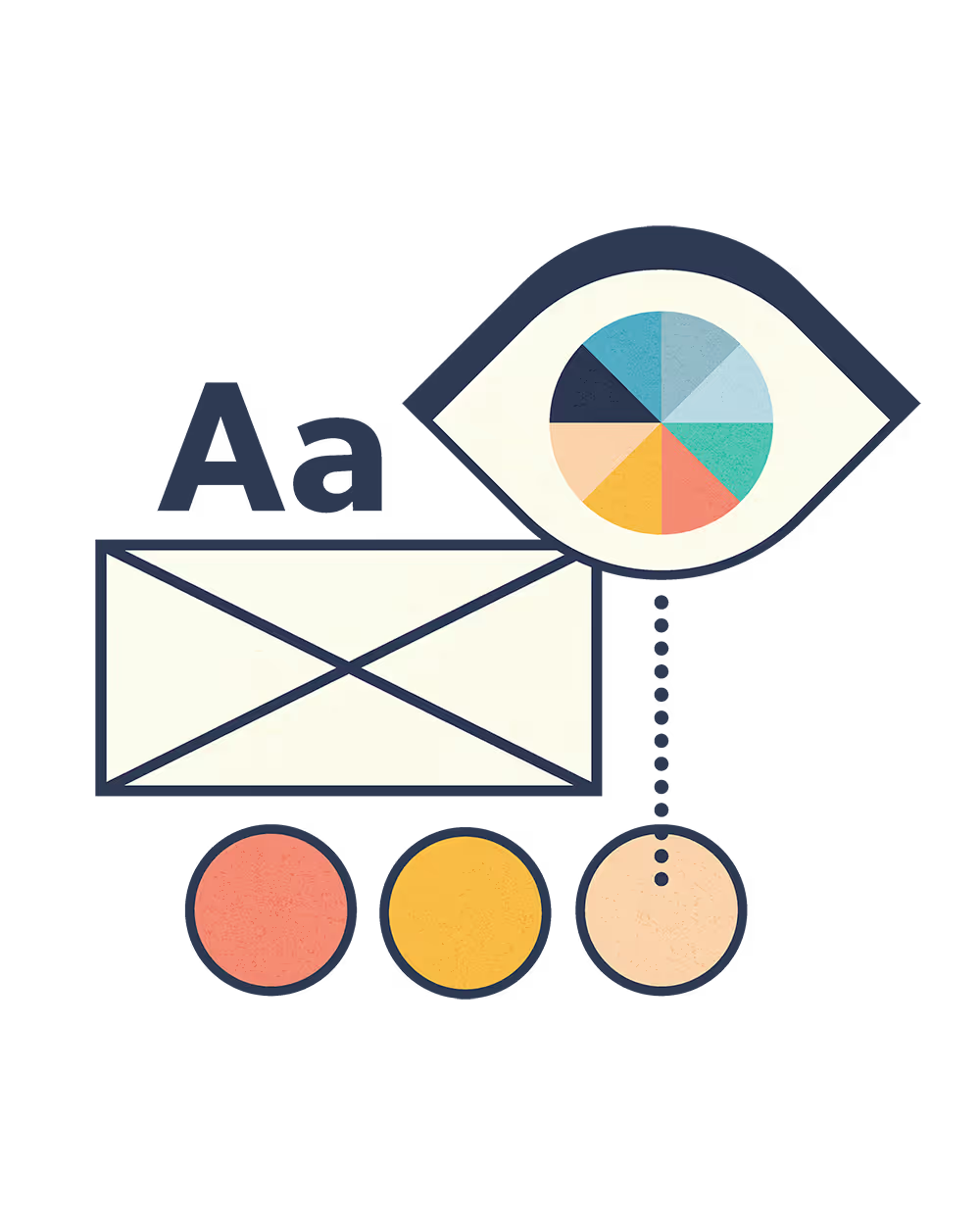Here's what most small business owners get wrong about email copy—they either sound like robots reading a manual or they're so afraid of being "salesy" that they never actually ask for anything. The emails that convert strike a balance: they feel personal and helpful while still guiding subscribers toward a clear next step.
For the first few emails you send, consider writing longer, story-like copy that shares your understanding of the problems the customer faces, what you've seen, and how you solve it. Writing longer emails early in your sequence is helpful because it's your opportunity to tell more of the story you've planned and communicate the value you provide—this is prime trust-building territory.
Remember, since people are drawn to companies (and people) they like, make sure your tone is friendly, relatable, and even fun if that's your brand's personality. Write like you're explaining something to a real person who needs your help, because that's exactly what you're doing.
Social proof is your secret weapon for conversion. Don't just tell people you're great—show them through customer success stories, testimonials, and specific examples of results you've delivered. People buy from businesses they trust, and trust comes from seeing that you've successfully helped others with similar challenges.
As you move through your email sequence, your copy can become more direct about your offers. But even your most promotional emails should focus on benefits and outcomes, not just features and pricing. Instead of "Here's what my program includes," try "Here's how this program will change your business."
And here's a pro tip: stay away from spam trigger words like "FREE" or "BUY" to avoid getting trapped in spam filters. Your carefully crafted copy won't convert anyone if it never reaches their inbox.



